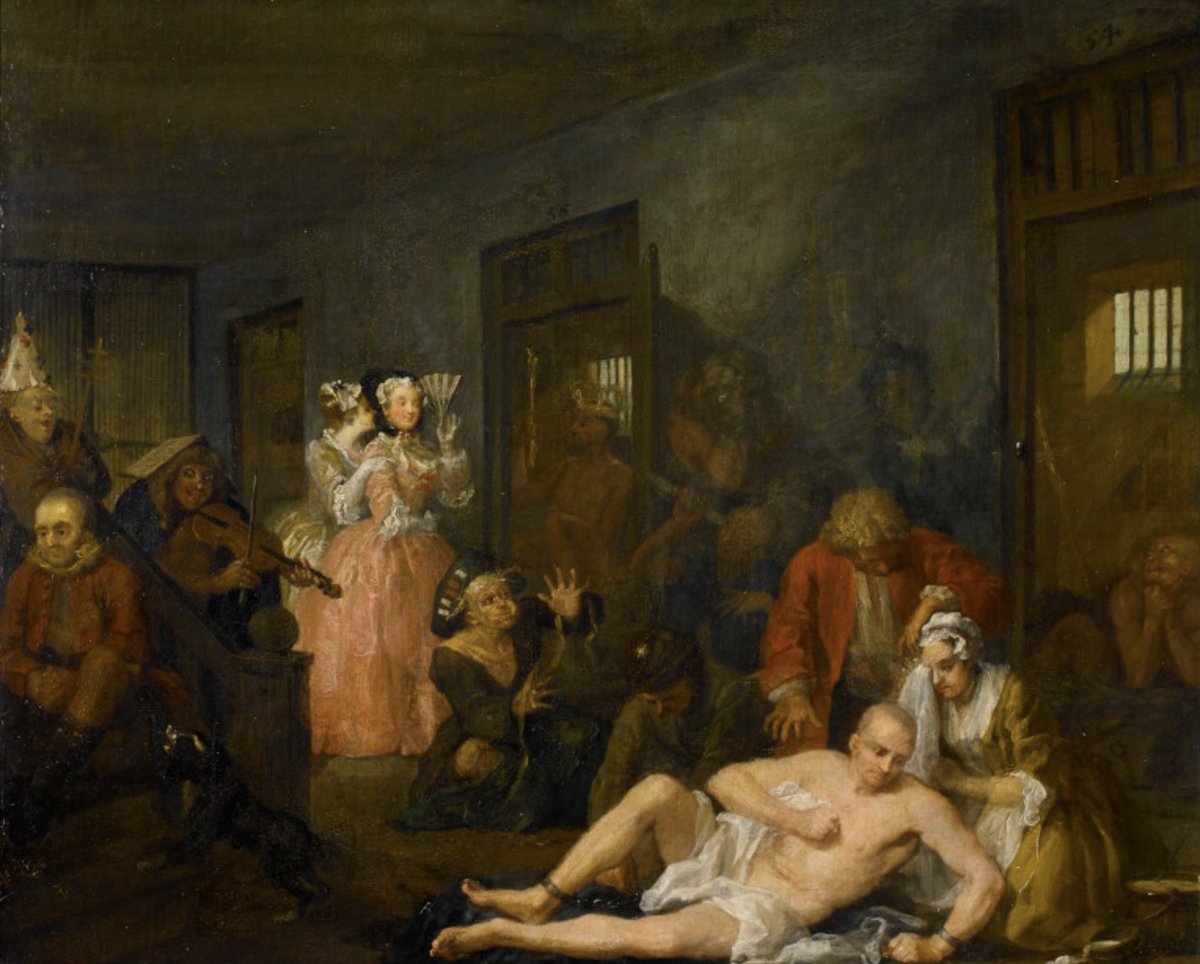Mocking of Ukrainian Language in Russian Media
Mariam Naiem · 9 Nov 2022 · Adapted from original Twitter thread
For at least the last eight years, Russian TV has been publicly mocking the Ukrainian language. I want to try to explain the subtle meaning of this mockery, which could be challenging to understand without knowing Ukrainian and Russian languages.
The willingness of Ukrainians to speak in Ukrainian language offends Russian chauvinists. Hence, there could be only one reason why Ukrainians reject the mighty Russian (the language of civilization and culture) and replace it with the Ukrainian one: Ukrainians are limited and pretentious. For a long time, the Ukrainian language was not perceived as a language but only a dialect of the supposedly more developed Russian language. This dialect was considered funny, amusing in its inferiority. This kind of “amusement” reminds me of a phenomenon of European aristocrats visiting prisons and hospitals in the 18th century. They were paying to amuse themselves with the spectacle of the deranged people. This was pictured in a William Hogarth’s painting:

The attitude of the Russian state to the Ukrainian language and the Ukrainian people is very similar. What is the similarity? They think both need to be developed more to be called complete (as a language or nation), and both are funny and ridiculous in their attempts to be so. Some neutral Ukrainian words have a negative connotation in Russian media. This is especially evident in how the Ukrainian word “nezalezhna” (independent) is used in a derogatory way to refer to Ukraine. Here is an example from a news site:
[Official] Kyiv tried to justify what Zelensky said. It turns out the the leader of the niezaliezhnaya [Ukraine] meant something completely different.
When Russian politicians or journalists try to devalue Ukraine, instead of pronouncing it by the name, they say Ukrainian “nezalezhna” mockingly. By doing that, they ridicule the meaning of the word, and the implication is that there is no such thing as Ukrainian independence. According to this logic, the Ukrainian “ambition for independence” (which is a done fact by now) is ridiculous because Ukrainians have no autonomy and never had.
The same is with the word “mova” (language). It is used meaning not an actual language but an imitation of a real one. Here are a couple of examples from Russia’s top propagandists. One is from a telegram of Maria Zakharova from Russia’s Ministy of Foreign affairs.
The authorities in Kyiv generously allowed the publication of periodicals in Russian, on the condition that it would be completely, to the comma, duplicated in mova [Ukrainian language].
Another example is this repost shared by propagandist Vladimir Solovyov, which I cite fully I think it deserves attention in this essay:
Where is your Ukrainian language? Why in a moment of danger do you scream in Russian? Why Russian swear words? Yet, on your TV you would only use the mova. Here is the answer to the puzzle: because you are not really khokhly [ethnic slur for Ukrainians]. You are Russians, only sick, enraged, and turned into beasts.
Such an attitude not only shows a top-down view of the Ukrainian language, but also indicates that it does not have the qualities of a genuine, authentic, serious language (like the Russian one), but only pretends to be such, mimics it. Therefore, all words pronounced in Ukrainian from the lips of Russian journalists or politicians automatically have the opposite meaning.